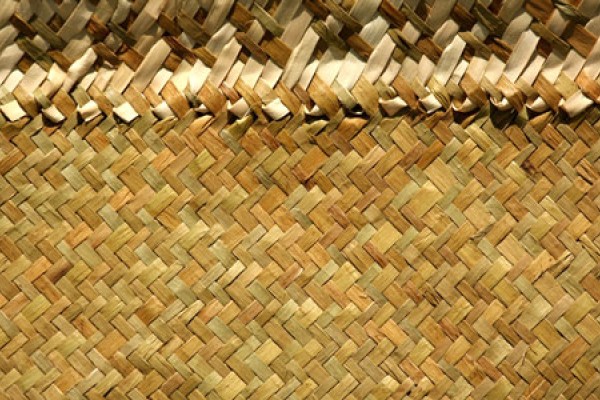The Māori Land Court and the Māori Appellate Court operate under the authority of the Te Ture Whenua Māori Act 1993. Both courts also consider other legislation to ensure that Māori land is treated as taonga-tuku-iho.
Te Ture Whenua Māori Act 1993
Te Ture Whenua Māori Act 1993 (the Act) sets out the full authority, power and limitations of the Māori Land Court and the Māori Appellate Court. The Act stipulates that the Court's objective is to keep Māori lands in Māori hands, protect wāhi tapu, and assist landowners in living on, developing, and using their land for the benefit of all owners, their whānau, and their hapū.
Te Ture Whenua Māori (Succession, Dispute Resolution, and Related Matters) Amendment Act passedon 24 July 2020 and was given Royal approval on 6 August 2020. The new legislation came into effect on Waitangi Day, 6 February 2021 and is most significant change to Te Ture Whenua Māori Act since 1993.
2020 amendments to the Act
These changes will better support Māori landowners to connect with, and make decisions about, their whenua. The amended legislation introduces a number of new initiatives, including:
Our rules, practice notes and other acts and legislation
The way we operate is controlled by rules and legislative methods, including The Māori Land Court Rules 2011. Practice notes are issued by the Court to guide legal practitioners through the process they will need to undertake.
Our rules
The Māori Land Court Rules 2011 set out how we operate, including how we receive, review, notify, process, and conclude applications. By following these rules, we are able to ensure the accuracy of the court record and provide judges and registrars with the information they need to make informed decisions.
There are various other rules and regulations under which we operate, including:
Other acts and legislation
We hear applications relating to Māori freehold land under select Acts, or parts of them, including:
Property Law Act 2007 Family Protection Act 1955 Government Roading Powers Act 1989 Law Reform (Testamentary Promises) Act 1949 Local Government Act 1974.
There are various other Acts which we operate under, including:
-
SILNA
The South Island Landless Natives Act (SILNA) was passed in 1906 and authorised the transfer of land to Māori. Four SILNA blocks, Hāwea-Wanaka, Whakapoai, Port Adventure and Toitoi, are yet to be transferred.
-
Ngā tuhinga whakahaere Practice notes
Practice notes are issued by our judges to guide legal practitioners through the process that must be followed.

Te Ture Whenua Māori Act 1993
Te Ture Whenua Māori Act 1993, the Māori Land Court Rules and Regulations are the legal responsibility of Te Puni Kōkiri (the Ministry of Māori Development) on behalf of the Minister for Māori Development.





